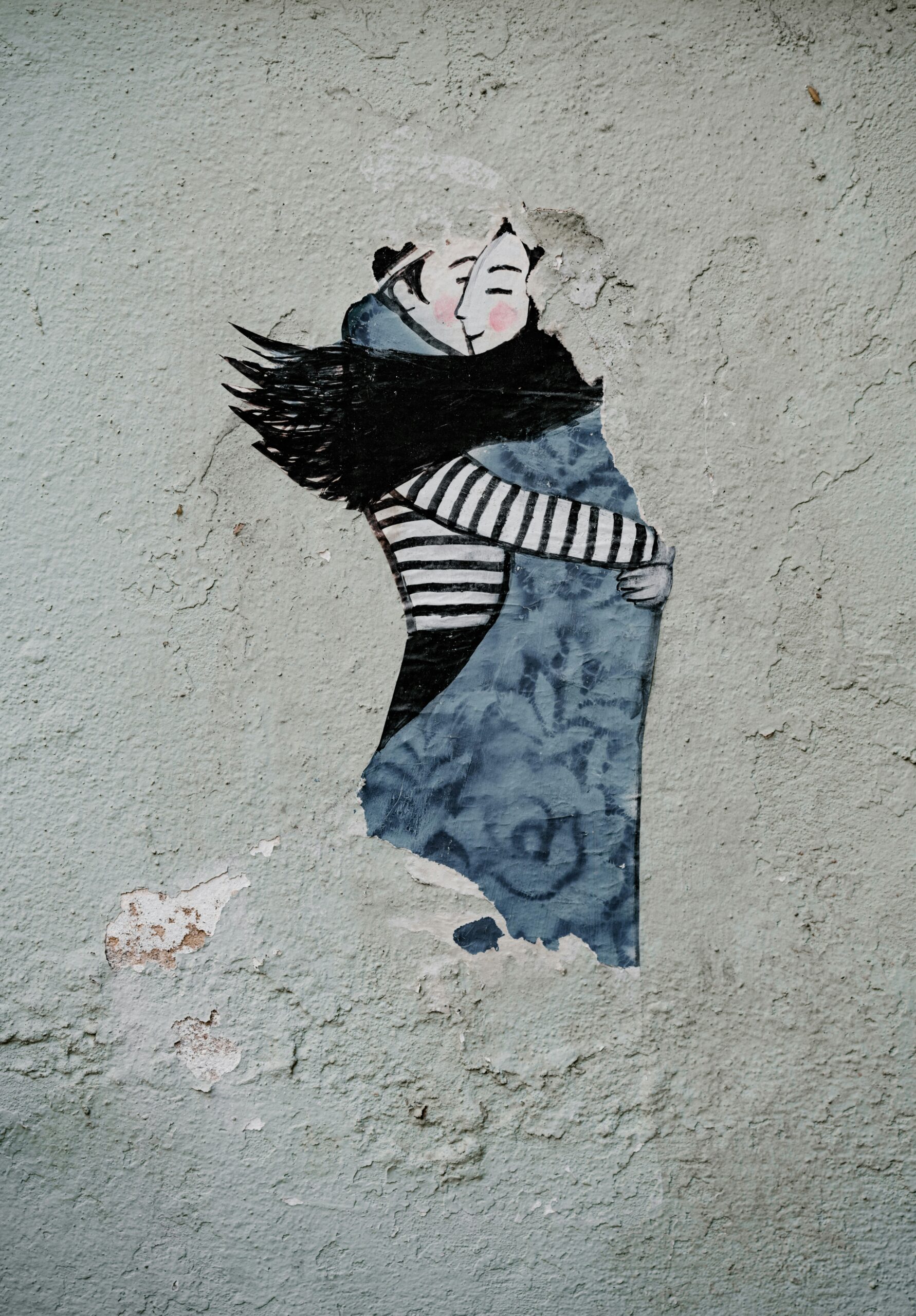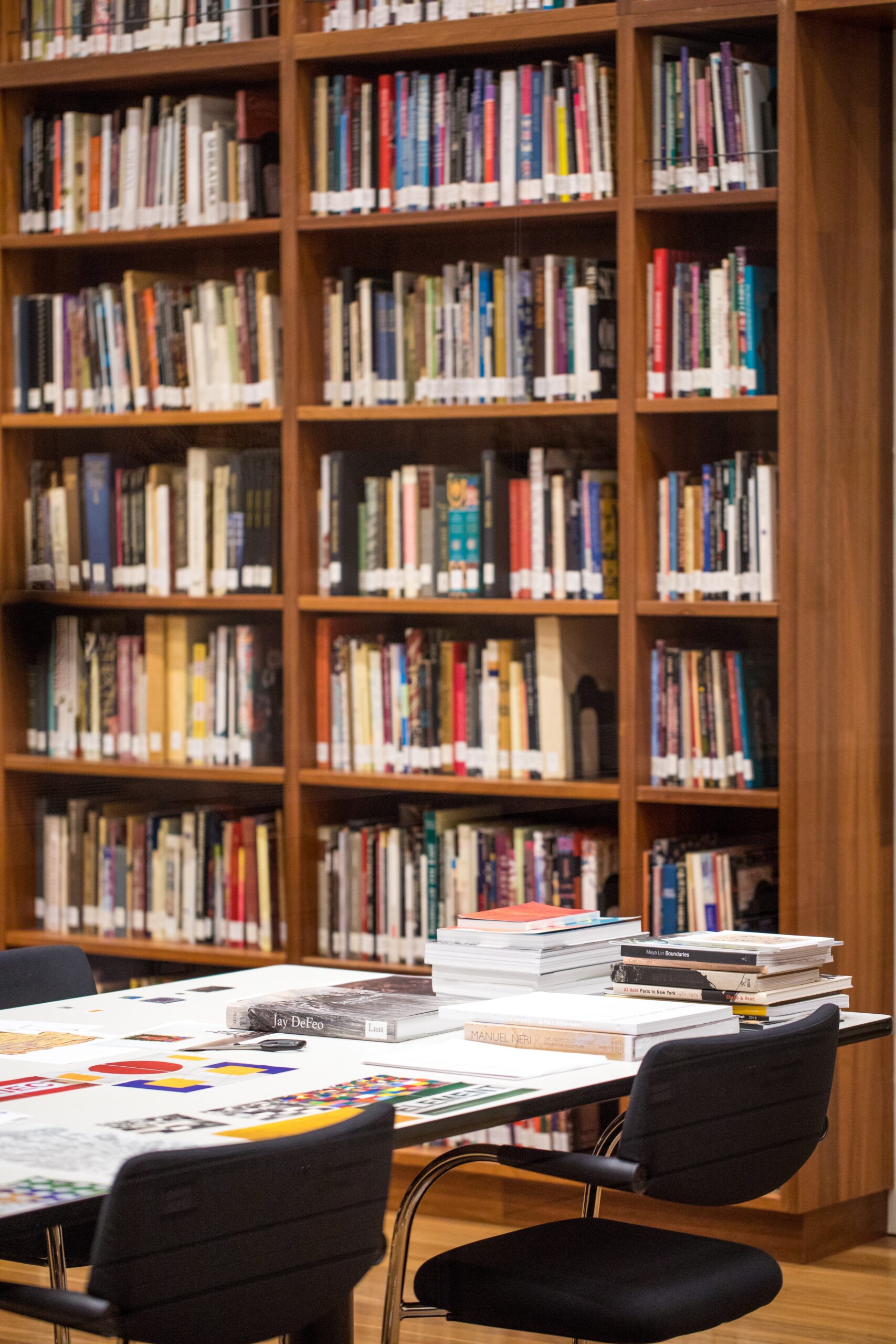World Kindness Day 2024: Simple Ways to Spread Joy and Compassion
Get ready to spread some joy on November 13, 2024! World Kindness Day is just around the corner, and it's the perfect opportunity to brighten someone's day with a thoughtful gesture.
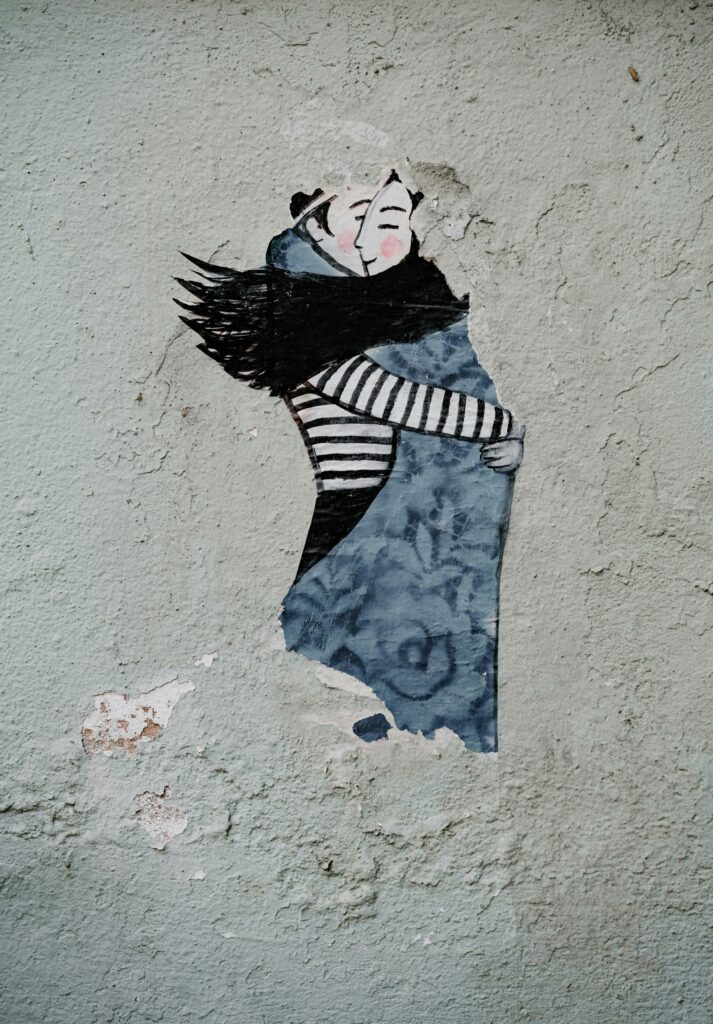
Kindness has the power to transform lives, reduce stress, and create a ripple effect of positivity in our communities. Whether it's a simple smile, holding the door for a stranger, or volunteering your time, every act of compassion makes a difference. This global celebration encourages people from all walks of life to come together and make the world a little bit brighter.
Why not challenge yourself to perform random acts of kindness throughout the day? You might be surprised at how good it feels to spread a little happiness. From leaving a kind note for a coworker to donating to a local charity, there are countless ways to get involved and make a positive impact on World Kindness Day 2024.
World Kindness Day 2024: Simple Ways to Spread Joy and Compassion
The Origin and History of World Kindness Day
World Kindness Day emerged from a thoughtful initiative to promote global compassion. You'll discover how this special day took root in Australia and blossomed into an international celebration of kindness.
Australia's Contribution to the Beginnings
Did you know that World Kindness Day has its roots down under? In 1996, a group of Australian organizations came together to form the World Kindness Movement. Their goal was simple yet profound: to inspire kindness on a global scale.
These Aussie visionaries believed in the power of small acts to create big changes. They dreamed of a day when people worldwide would unite in kindness.
In 1998, their dream became reality. The first World Kindness Day was celebrated on November 13th. Why this date? It's no coincidence – the founders chose it to coincide with the anniversary of the World Kindness Movement's formation.
Global Expansion and Recognition
From its Australian origins, World Kindness Day quickly spread across borders. You might be surprised to learn how many countries now participate!
By 2009, nations like Canada, Japan, and the United Arab Emirates had joined in. Even Singapore, known for its efficiency, took time to celebrate kindness that year.
The day's popularity grew as more people recognized the value of kindness. Schools started incorporating it into their curricula. Businesses began encouraging acts of kindness among employees.
In recent years, social media has amplified the message. You can now find millions of posts with #WorldKindnessDay, spreading positivity far and wide.
World Kindness Movement
The World Kindness Movement champions compassion on a global scale. You'll discover how this coalition unites nations to foster a kinder world and the unique ways different countries contribute to this noble cause.
Mission and Vision
The World Kindness Movement aims to inspire kindness worldwide. You can see its impact through initiatives that promote empathy and generosity in communities. The movement envisions a world where kindness is the norm, not the exception.
Your participation matters. By joining local events or supporting global campaigns, you become part of this compassionate network. The movement encourages you to perform small acts of kindness daily, creating a ripple effect of positivity.
Member Nations' Contributions
Countries around the world bring unique perspectives to the World Kindness Movement. You might be surprised by the creative ways nations spread kindness.
In Singapore, you can participate in kindness-themed runs. Japan organizes school programs teaching empathy. Australia hosts kindness conferences, bringing together global thought leaders.
Your country likely has its own kindness initiatives. Look for local chapters or events where you can get involved. By contributing, you help weave a tapestry of global compassion, one kind act at a time.

Psychological Insights on Kindness
Kindness has profound effects on both the giver and receiver. It impacts mental health, well-being, and social connections in ways that science is just beginning to understand.
Science of Kindness
Random acts of kindness can have healing effects on your mind and body. When you perform a kind act, your brain releases oxytocin, often called the “love hormone.” This chemical promotes bonding and reduces stress.
Kindness also triggers the release of endorphins, your body's natural painkillers. These feel-good chemicals can create a “helper's high,” similar to the rush you might get from exercise.
Research shows that practicing kindness can increase your happiness and life satisfaction. It may even help you live longer. When you're kind to others, you're also being kind to yourself.
Kindness and Mental Health
Being kind can significantly boost your mental health. It reduces stress, anxiety, and depression while increasing your sense of self-worth and purpose.
Kindness at work is linked to higher job satisfaction and happiness. When you show kindness to colleagues, you create a more positive work environment for everyone.
Practicing empathy, a key component of kindness, can improve your relationships and social connections. It helps you understand others better and respond to their needs more effectively.
Regular acts of kindness can even change your brain structure. Studies show increased activity in areas associated with reward and positive emotions when you engage in kind behaviors consistently.
Celebrating Kindness Around the World
World Kindness Day on November 13 brings people together across cultures. Countries like Singapore, Canada, and the United Kingdom have developed unique traditions to spread compassion and goodwill in their communities.
Singapore's Unique Traditions
In Singapore, you'll find a vibrant celebration of kindness. The Singapore Kindness Movement organizes city-wide events where you can participate in acts of generosity. You might join flash mobs spreading cheer or contribute to “Kindness Trees” adorned with notes of appreciation.
Local schools often hold special assemblies, encouraging students to perform random acts of kindness throughout the day. You could spot volunteers handing out flowers or small gifts to strangers on the streets and in public transport.
Singapore's businesses also get involved, offering discounts or free items to customers who demonstrate kindness. This nationwide effort creates a palpable atmosphere of goodwill that you can feel as you move through the city.
Canada's Community Initiatives
Canada embraces World Kindness Day with open arms and warm hearts. You'll discover a wealth of community-driven projects across the country. In major cities like Toronto and Vancouver, you can join kindness walks where participants perform good deeds along a predetermined route.
Many Canadian schools incorporate kindness curricula, teaching you the value of empathy from a young age. You might see students creating “kindness rocks” with inspiring messages to place around their neighborhoods.
Local charities often organize donation drives, allowing you to contribute clothes, food, or toys to those in need. Some communities host “Kindness Cafes” where you can enjoy a free meal in exchange for performing an act of kindness for someone else.
United Kingdom's Kindness Day UK
In the UK, you'll experience Kindness Day UK, a localized version of the global celebration. This initiative encourages you to perform at least one random act of kindness on November 13.
You might participate in “Kindness Queues” at popular attractions, where people let others go ahead of them in line. Many workplaces organize “Kindness Challenges,” prompting you to complete a series of compassionate tasks throughout the day.
UK schools often host “Kindness Assemblies” where you can share stories of kindness you've witnessed or experienced. Some cities organize “Kindness Flashmobs” in public spaces, surprising passersby with unexpected acts of generosity and spreading joy throughout the community.
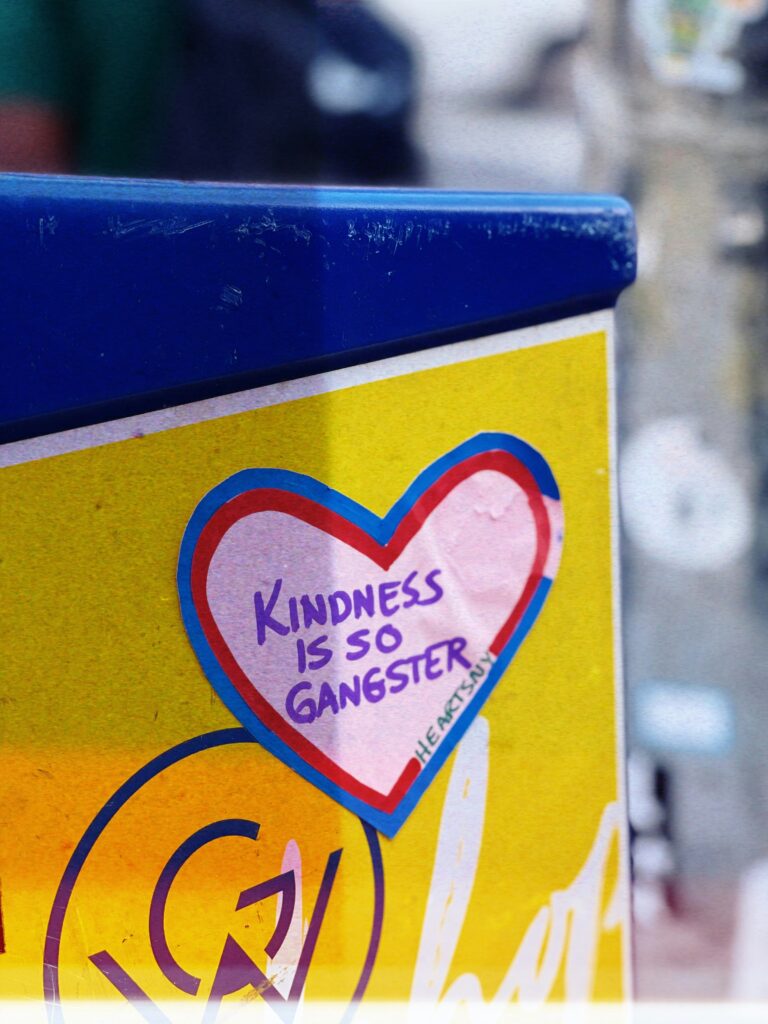
Acts of Kindness
World Kindness Day encourages people to spread compassion through simple actions. You can make a difference in various ways, from small gestures to organized efforts.
Individual Contributions
You have the power to brighten someone's day with small acts of kindness. Consider paying for a stranger's coffee or leaving an uplifting note for a coworker. Offer to help an elderly neighbor with yard work or groceries. Send a heartfelt message to a friend going through a tough time.
Compliment someone sincerely or express gratitude to those who often go unnoticed, like janitors or postal workers. Share your skills by tutoring a student or mentoring a young professional. These simple gestures can create a ripple effect of positivity in your community.
Organized Volunteering Efforts
You can amplify your impact by joining organized kindness initiatives. Local food banks often need volunteers to sort donations and prepare meals. Animal shelters welcome help with walking dogs or socializing cats. Participate in community clean-up events to beautify your neighborhood.
Consider organizing a clothing drive for homeless shelters or collecting school supplies for underprivileged students. You might volunteer at a senior center, reading to residents or teaching technology skills. Many hospitals need volunteers to comfort patients or assist visitors. By joining these efforts, you're not only helping others but also connecting with like-minded individuals who share your passion for kindness.
Role of Kindness in Community Support
Kindness plays a vital role in strengthening communities and fostering a sense of belonging. Your acts of compassion can create ripple effects, inspiring others and building a foundation for a more caring society.
Supporting Local Communities
You can make a significant impact in your local community through simple acts of kindness. Volunteering at local organizations or participating in community events helps build stronger connections with your neighbors. Consider organizing a food drive or clothing donation initiative to support those in need.
By offering your time and skills, you're not only helping others but also creating a more vibrant and supportive community. Reach out to elderly neighbors who might need assistance with daily tasks or organize a neighborhood clean-up day. These actions foster a sense of unity and shared responsibility.
Your kindness can also extend to local businesses. Supporting small shops and restaurants helps maintain the unique character of your community and contributes to its economic health.
Kindness as a Foundation for Compassion
When you practice kindness regularly, it becomes second nature and helps cultivate a deeper sense of compassion. Small gestures like sharing a smile or offering a kind word can brighten someone's day and create a ripple effect of positivity.
By showing empathy and understanding towards others, you help create an environment where people feel valued and supported. This foundation of compassion can lead to stronger community bonds and increased social cohesion.
Consider starting a kindness initiative in your workplace or school. Encourage others to perform random acts of kindness and share their experiences. This not only spreads joy but also helps build a culture of care and support within your community.
Remember, your actions matter. Each act of kindness, no matter how small, contributes to a more compassionate and supportive community for everyone.
Kindness in Action
World Kindness Day inspires people to spread compassion through simple yet meaningful gestures. You can make a difference in your community and beyond by embracing random acts of kindness and utilizing kindness cards to create a ripple effect of positivity.
Random Acts of Kindness
You can easily brighten someone's day with spontaneous acts of kindness. Pay for a stranger's coffee or leave encouraging notes on car windshields. Offer to help an elderly neighbor with groceries or mow their lawn. Volunteer at a local animal shelter or donate books to a school library.
Random acts of kindness can be as simple as smiling at passersby or holding the door open. You might also consider:
- Leaving coins at a vending machine
- Writing positive reviews for local businesses
- Sending a care package to a friend going through a tough time
These small gestures can have a big impact on others' lives and your own well-being.
Kindness Cards and Their Impact
Kindness cards are powerful tools to spread joy and inspire others to pay it forward. You can create your own cards with uplifting messages or download templates online. Hand these cards out to strangers, colleagues, or loved ones along with your act of kindness.
The cards serve as tangible reminders of goodwill and encourage recipients to perform their own kind deeds. You might include prompts like:
- “You've received a free compliment! Pass it on.”
- “Your kindness matters. How will you brighten someone's day?”
By using kindness cards, you create a chain reaction of positivity. Each card has the potential to inspire multiple acts of kindness, amplifying your initial gesture's impact.
The Power of Generosity
Generosity has a transformative impact on both the giver and receiver. It strengthens connections between people and fosters a sense of community. You'll discover how acts of kindness can create positive change in the world around you.
Generosity's Ripple Effect
When you practice generosity, you set off a chain reaction of goodwill. Your kind actions inspire others to pay it forward, creating a ripple effect of positivity. This phenomenon can be seen in random acts of kindness that spread joy far beyond the initial gesture.
Research shows that being generous releases feel-good chemicals in your brain, boosting your mood and overall well-being. By giving to others, you're actually giving yourself the gift of happiness.
You might be surprised to learn that generosity can improve your physical health too. Studies have linked generous behavior to lower blood pressure and reduced stress levels. It's a win-win situation for everyone involved!
Generosity Through Different Cultures
Across the globe, generosity takes many forms, each reflecting unique cultural values. In some societies, it's expressed through hospitality, while in others, it's shown through community service or financial giving.
In Japan, for example, the concept of “omotenashi” embodies selfless hospitality. You'll find this spirit of generosity in the way hosts anticipate and fulfill their guests' needs before they're even expressed.
Many cultures celebrate generosity through festivals and traditions. During Ramadan, Muslims often increase their charitable giving and share meals with those in need. In the Philippines, the “bayanihan” spirit encourages community members to help each other, especially during times of hardship.
You can embrace these diverse expressions of generosity in your own life. By exploring different cultural practices, you'll expand your understanding of what it means to be truly generous.
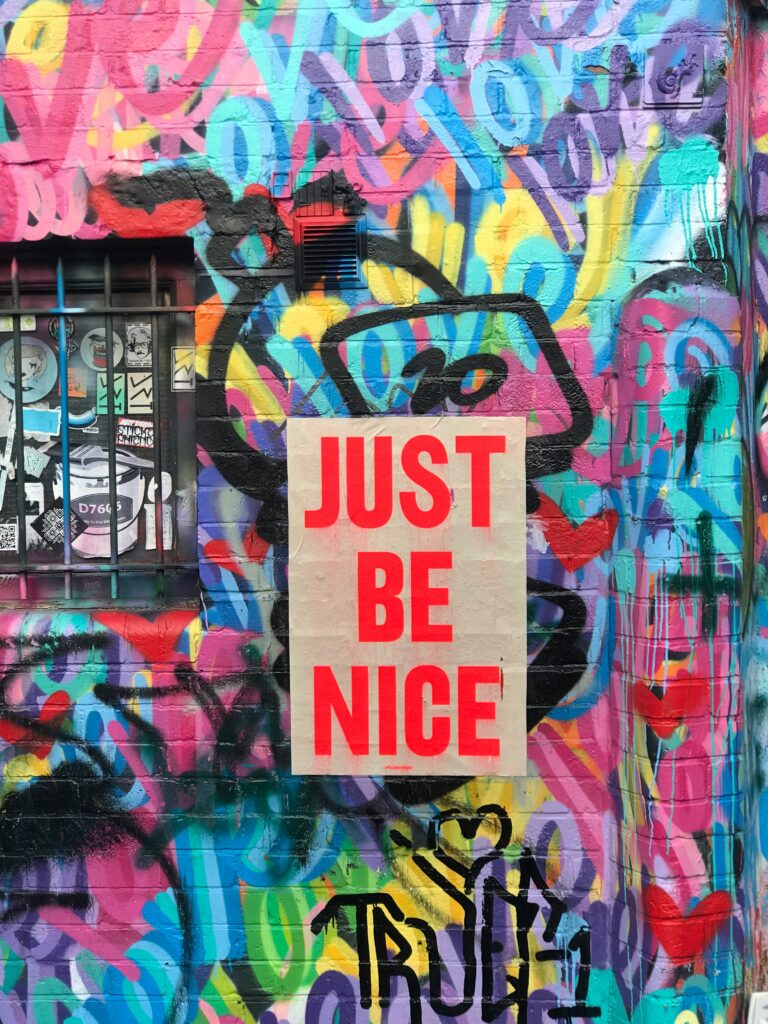
Educational and Analytical Purposes
World Kindness Day 2024 offers valuable opportunities for education and analysis. You can explore initiatives that promote compassion in schools and communities, as well as research efforts examining the impacts of kindness.
Educational Programs Promoting Kindness
World Kindness Day activities in schools help foster empathy and compassion among students. You can introduce kindness curricula that teach children about emotional intelligence and conflict resolution. Role-playing exercises allow students to practice kind behaviors in various scenarios.
Kindness clubs give you the chance to organize volunteer projects and fundraisers for local charities. These hands-on experiences help you develop leadership skills while making a positive impact.
Adult education programs on kindness are also gaining popularity. You might find workshops on practicing self-compassion or cultivating kinder workplace cultures. Online courses offer flexible options to learn about the science of kindness and its benefits.
Kindness Research for Analytical Purposes
Scientists are increasingly studying kindness to understand its effects on individuals and society. You can explore research on how acts of kindness influence mental health, relationships, and overall well-being.
Neuroscience studies examine how kindness activates certain brain regions associated with pleasure and social connection. This research helps you grasp the biological basis for why being kind feels good.
Analytical approaches to kindness track trends in charitable giving and volunteerism. You can use this data to identify areas where kindness initiatives might have the greatest impact.
Social experiments measure the ripple effects of kind actions in communities. These studies provide insights into how you can create a more compassionate society through small, everyday gestures.
Kindness and Its Global Impact
Kindness transcends borders and cultures, making a profound difference in people's lives worldwide. You can be part of this positive change by embracing compassion in your daily interactions.
United Nations and Kindness Promotion
The United Nations recognizes the power of kindness in fostering global harmony. You might be surprised to learn that the UN supports World Kindness Day as part of its efforts to promote peace and understanding.
The organization encourages you to participate in activities that spread joy and compassion. These can range from simple gestures like sharing a smile to larger initiatives that benefit your community.
By aligning with UN values, you contribute to a more empathetic world. Your acts of kindness, no matter how small, play a crucial role in building bridges between cultures and nations.
Kindness as a Global Agenda
Kindness is becoming a priority on the world stage. You're part of a growing movement that sees compassion as a key to transforming communities.
Global leaders and organizations are integrating kindness into their policies and practices. You can support this shift by:
- Volunteering for local charities
- Participating in international aid efforts
- Promoting inclusivity in your workplace or school
Your actions ripple outward, creating a more compassionate society. By embracing kindness, you help shape a world where empathy and understanding are the norm, not the exception.

